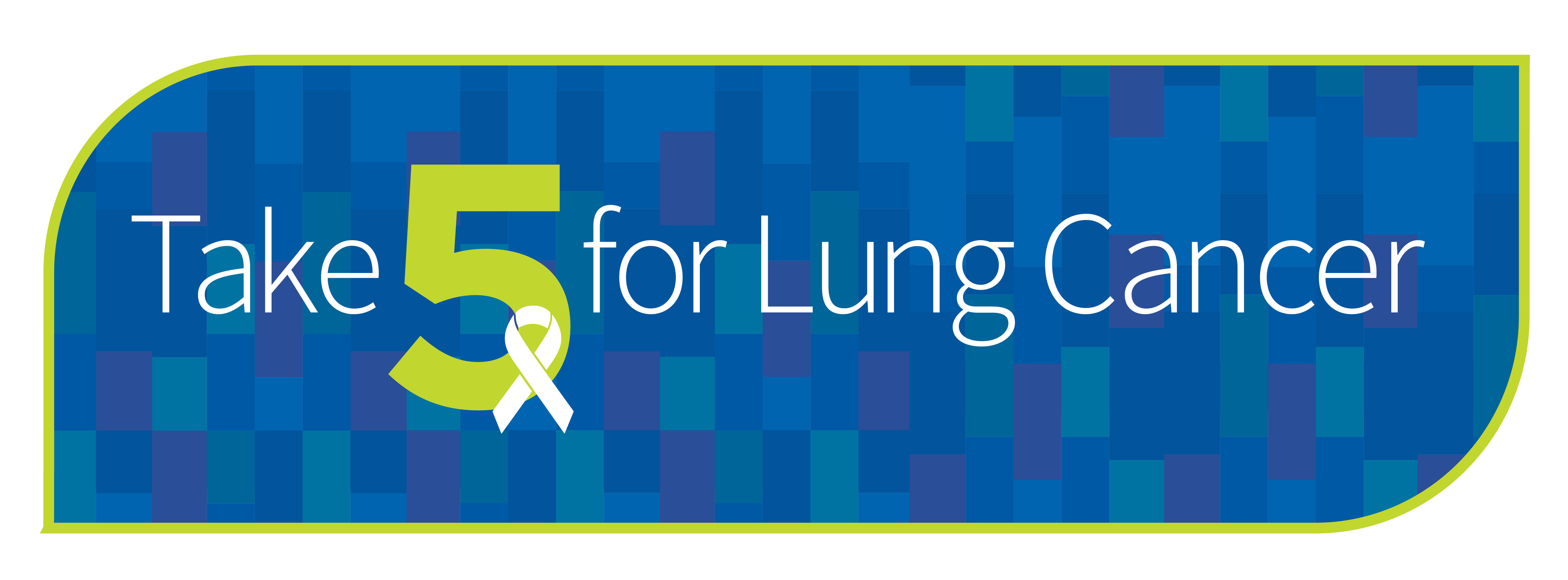
Lung cancer is one of the most common cancers in the world; yet recent research shows most people know very little about the disease. Did you know that more people in the United States die from lung cancer than any other type of cancer?
5 Lung Cancer Facts
- Approximately 541,000 Americans living today were previously diagnosed with lung cancer.
- One in 16 people in the US will be diagnosed with lung cancer in their lifetime.
- A new lung cancer diagnosis occurs every 2.3 minutes.
- More than 60% of new lung cancer diagnoses are among people who are former smokers or have never smoked.
- More than 5,700 people in Missouri diagnosed with lung cancer annually.
5 Tips to Beat Smoking/Nicotine Addiction
According to the Centers for Disease Control and Prevention, cigarette smoking is the biggest cause of lung cancer deaths in the US. If you smoke, quit. If you don't smoke, keep it that way.
- Have a goal in mind by selecting a quit date.
- Build a support system complete with family, friends and a physician who supports your goals.
- Change smoking behavior with small steps to reduce smoking.
- Discuss nicotine replacement options with your provider.
- Don’t give up, it may take multiple attempts to quit.
5 Symptoms of Lung Cancer
Besides smoking, environmental, family, and personal history factors can affect your risk for cancer. These factors include secondhand smoke, exposure to radon, and workplace exposure to asbestos, arsenic, diesel exhaust and other substances.
Not everyone has the same symptoms, and not everyone will have obvious symptoms, but here are the most common:
- Persistent cough
- Hoarseness or wheezing
- Chest pain or shoulder pain
- Coughing up blood
- Frequent lung infections ( such as bronchitis, pneumonia)
Low Dose CT Lung Screening Criteria
Often the disease does not show symptoms until it has progressed to advanced stages, when it is difficult to treat and chances of survival decrease. A low-radiation-dose CT scan can detect lung cancer at its earliest stages, making treatment both easier and more effective. Not everyone should be screened for lung cancer. Current guidelines recommend a lung cancer screening if you meet the following criteria:
1. You are between 50 and 77 years old.
2. Have a smoking history of at least “20 pack-years”
Examples:
- Smoked a pack of cigarettes a day for 20 years
- Smoked 2 packs a day for 10 years
- Calculate your “Pack Years” smoking history.
3. You are a current Smoker, or have quit within the last 15 years.
Next Steps if you meet the criteria above:
4. You will need to talk with your doctor to decide if screening is right for you.
5. A doctor’s order is required to be scheduled for screening.
5 Missouri Baptist Lung Screening Locations
If you or someone you know meets the criteria for screening, talk to your medical provider about scheduling a screening at one of our five locations.
- Missouri Baptist Medical Center- Main Campus
- BJC Outpatient Center at Sunset Hills
- Parkland Health Center - Farmington, Missouri
- Missouri Baptist Sullivan Hospital - Sullivan, Missouri
- Memorial Hospital Chester - Chester, Illinois
If you do opt for screening, you will work with a Nurse Navigator dedicated to the lung cancer screening program. Please note, Medicare patients must have a shared decision-making visit with a medical provider prior to their lung cancer screening test. Please contact our Nurse Navigator with questions at 855-399-5864.
Schedule an Appointment
To set up an appointment for a lung cancer screening test, call 855-399-5864 and speak to our Nurse Navigator. The navigator will guide you through the process and answer any questions you might have.